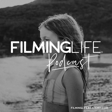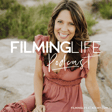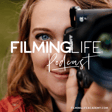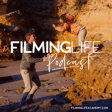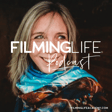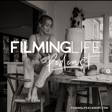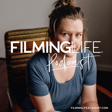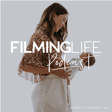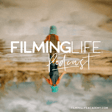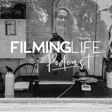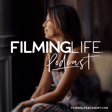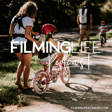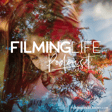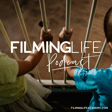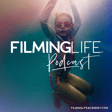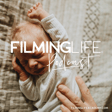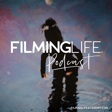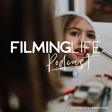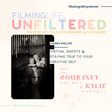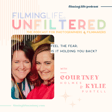
Rediscovering Everyday Magic: A Journey into Family Filmmaking
Welcome back to the FilmingLife® Podcast! In this heartfelt episode, Courtney Holmes and Kylie Patel dive deep into the power of family filmmaking and why capturing real moments on video can create lasting emotional connections. Whether you're a photographer looking to expand into filmmaking or a family storyteller at heart, this episode will inspire you to see everyday moments in a whole new light. 🌟
Episode Highlights:
- Discover the difference between storytelling through film vs. photography
- Learn why films bring out the laughter, little quirks, and unique family dynamics
- Find out how to capture genuine moments that matter most, from sibling bonds to childhood rituals
- Get tips on building trust with clients to create authentic family films
- Insights on finding your unique voice as a filmmaker and trusting your creative intuition
If you're film-curious or already on your filmmaking journey, this episode is for you! Don’t forget to like, subscribe, and hit the notification bell so you never miss an update. 🎬
✨ Ready to Start Your Filmmaking Journey?
Join us at FilmingLife® Academy! Our next intake opens on November 1st, and we’re hosting a live run of the Filmmaking Foundations Course starting on November 4th. Learn how to film and edit beautiful, story-driven family films that clients will cherish for a lifetime.
